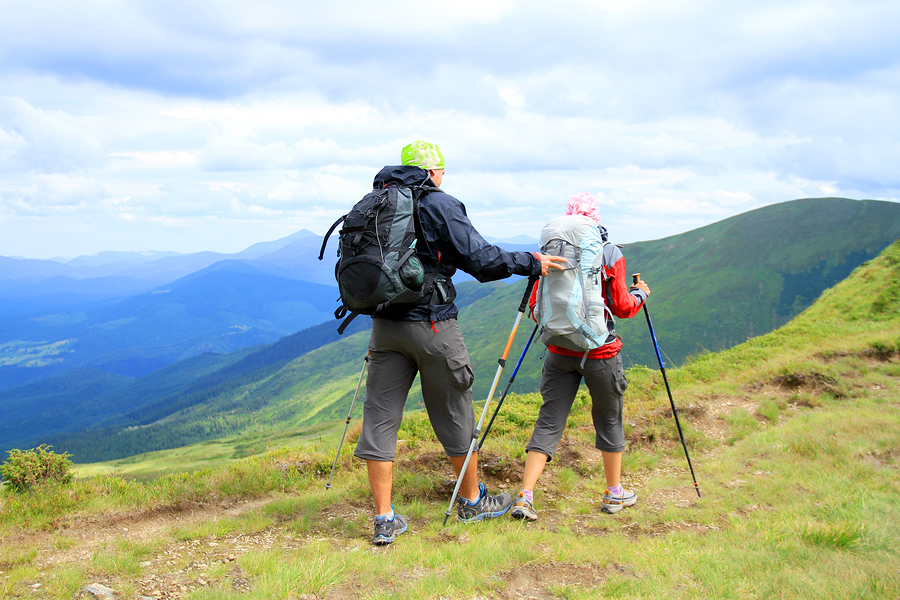- Make It Yourself Lavender Heart-Shaped Bath Bombs!
- 20 Things You Never Knew About “Down There”
- 12 Best Foods For Those Suffering From Arthritis Pain
- 12 Personal Hygiene Mistakes Almost Everyone Makes (Mom Never Told You About #4!)
- 15 Medicinal Plants And Herbs From The Cherokee People
- 12 Mind-Blowing Benefits Of Drinking Coconut Water During Pregnancy
- 12 Outstanding Winter Foods That Won’t Fatten You Up Like A Christmas Turkey
How Hiking In The Mountains Changes Your Blood

Photo credit: bigstock.com
How Blood Cells Change
For many years, it was thought that travelling to high altitudes caused the body to replace its red blood cells with cells that could use oxygen more efficiently. The time that elapsed while this took place explained the period of where people struggled to adjust to a thinner atmosphere. But a new study carried out by the Altitude Research Center at the University of Colorado found that altitude changes the red blood cells in a much more rapid and different way, and that these changes can last for months.
The researchers had a team of volunteers, healthy men and women aged 19 to 23 years old, hike to the summit of Mount Chacaltaya in Bolivia twice within two weeks. This mountain stands a staggering 17,257 feet (5,260 meters) tall – more than enough to test the endurance of the hikers and observe the effects on their red blood cells. The hikers climbed to summit, descended, and took a week to rest before climbing the mountain a second time.
The researchers found that the participants’ red blood cells were not being replaced, but rather were physically changing to make them use oxygen more efficiently in this new environment. Furthermore, these changes began to happen within only a few hours of exposure to high altitudes, suggesting that the body has a built-in response for dealing with these conditions. These newly acclimated red blood cells are much harder than their “normal” sea level counterparts, and the study found that the hikers’ bodies continued to produce red blood cells suited to high altitudes for up to 120 days after returning to a lower altitude. Spending two weeks in the mountains led to months of improved cardiovascular performance in these hikers.
READ ALSO: 12 Herbs That will Really Get Your Blood Going
If you are a serious athlete or are training for an upcoming physical event, you may want to consider spending some time at higher altitudes. Don’t worry, you don’t have to climb something as extreme at Mount Chalcltaya—the US Olympic Training Center is located at only around 6,000 feet, but the athletes still reap the benefits of training in thinner air.
References:
































